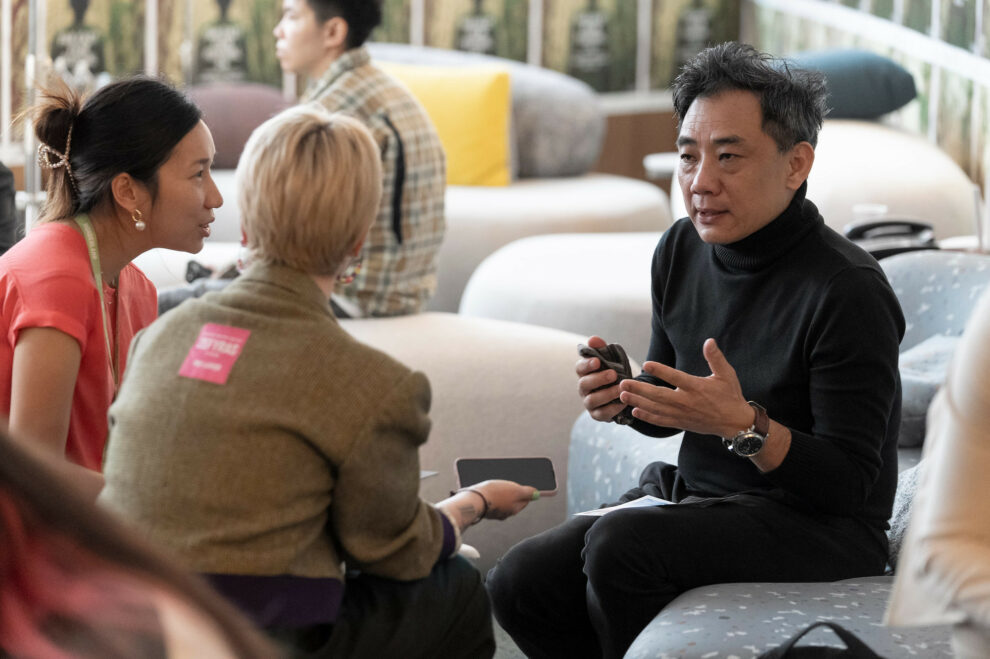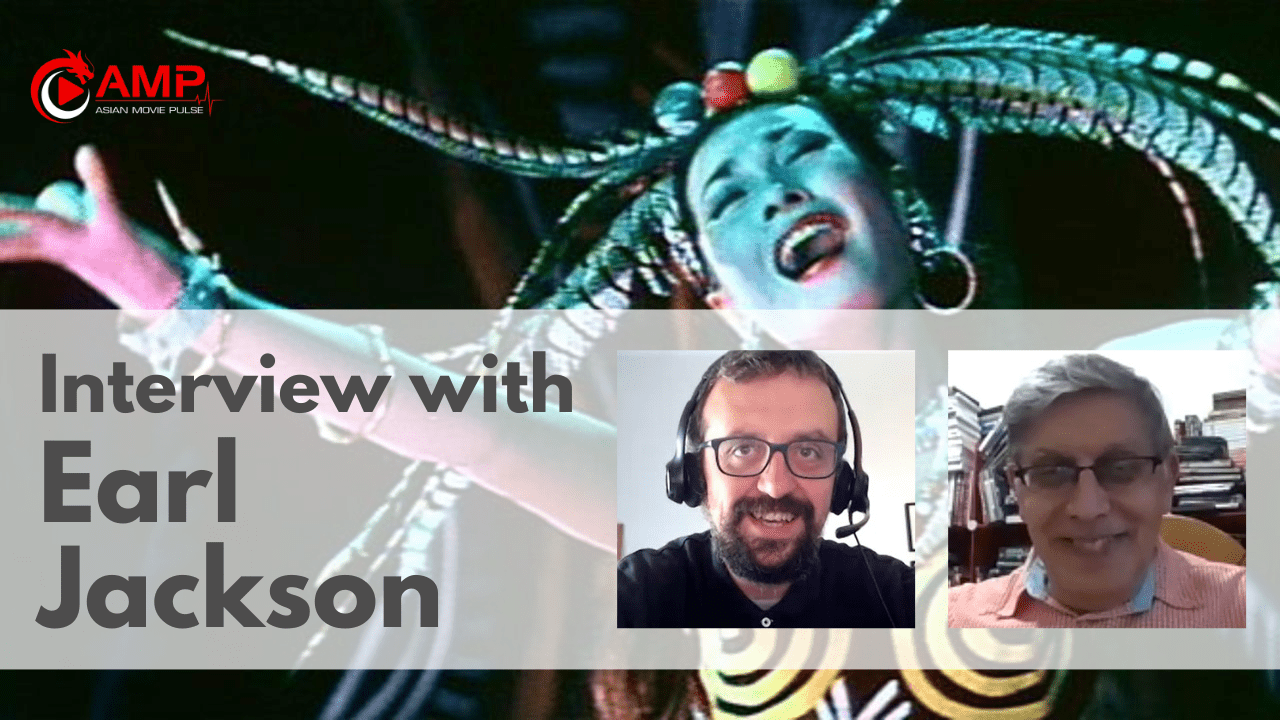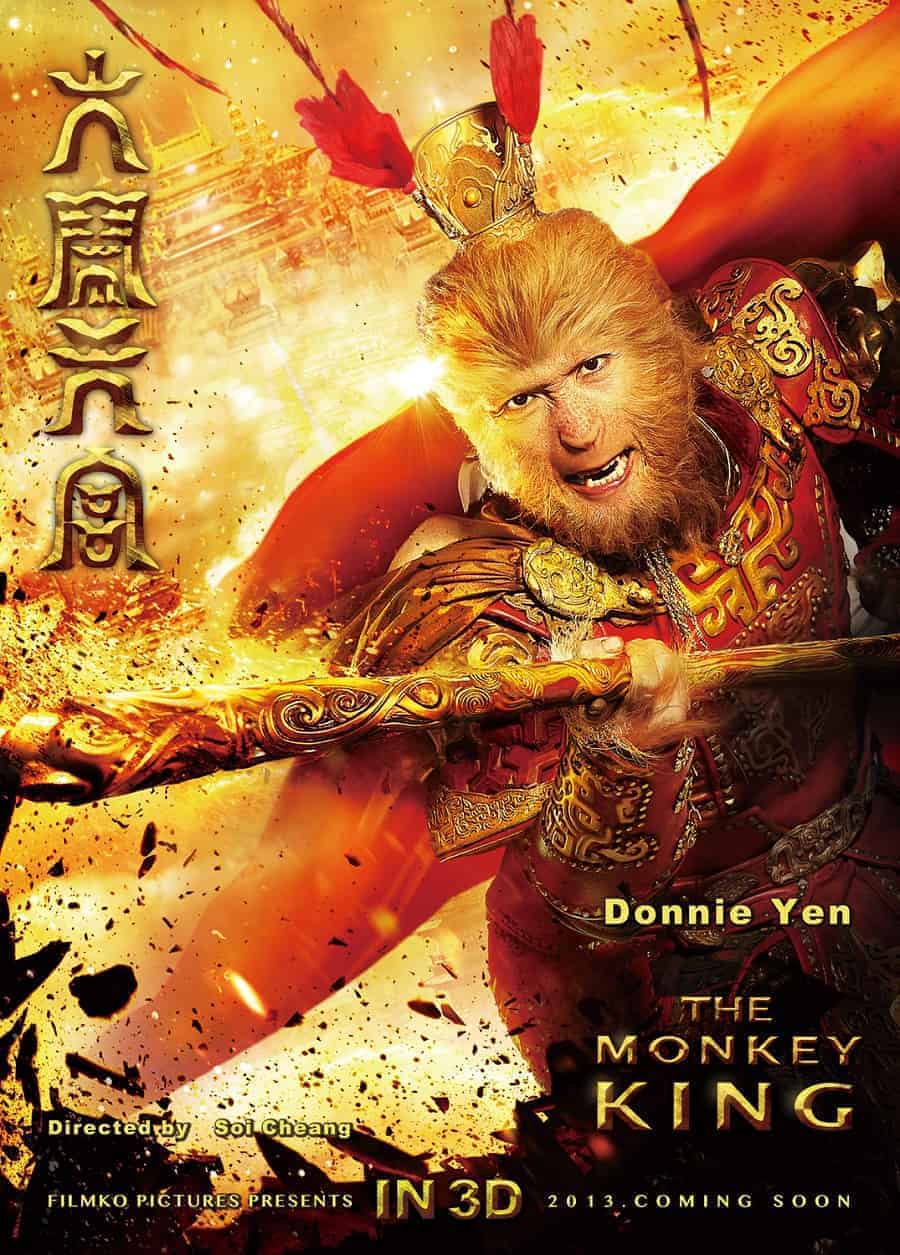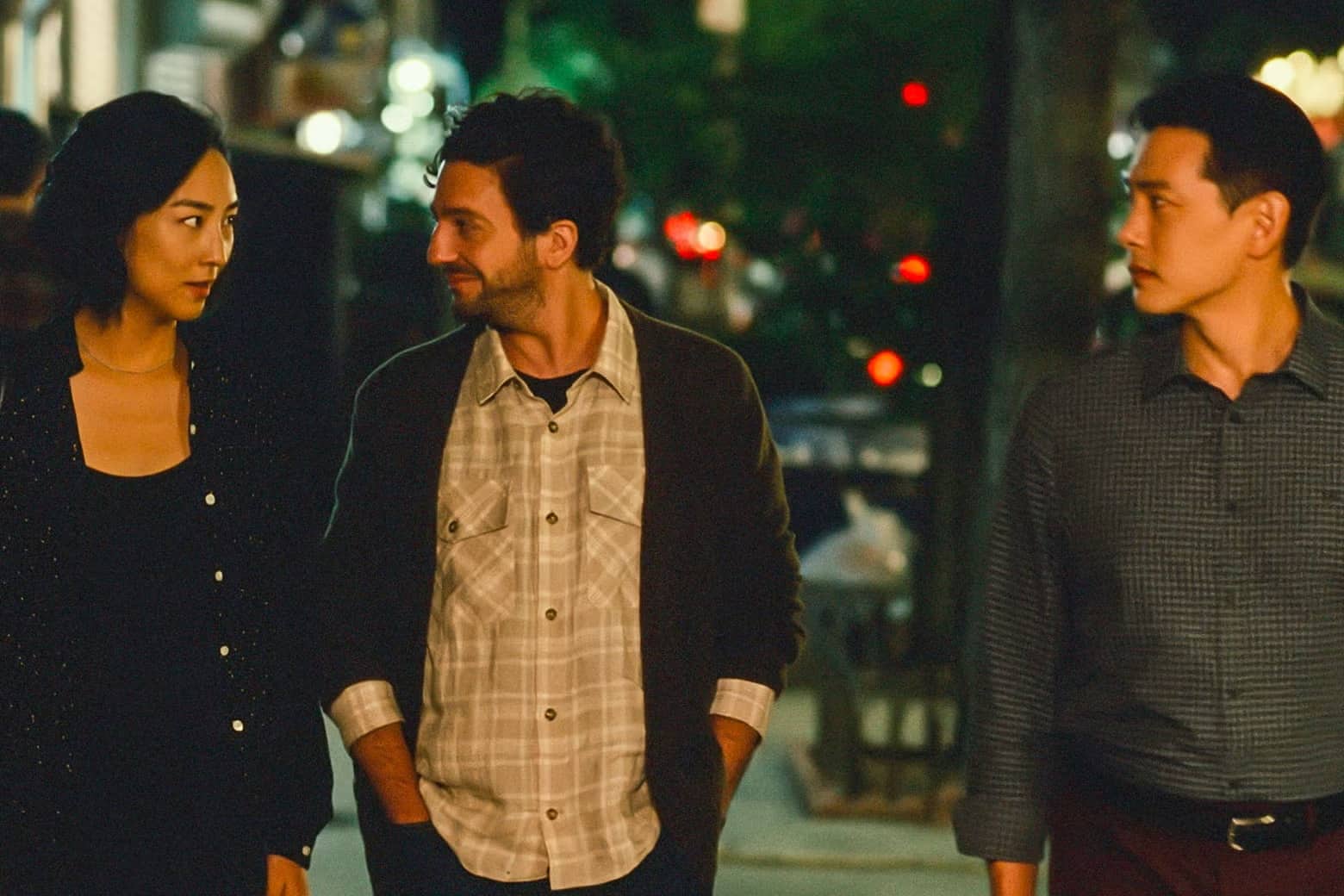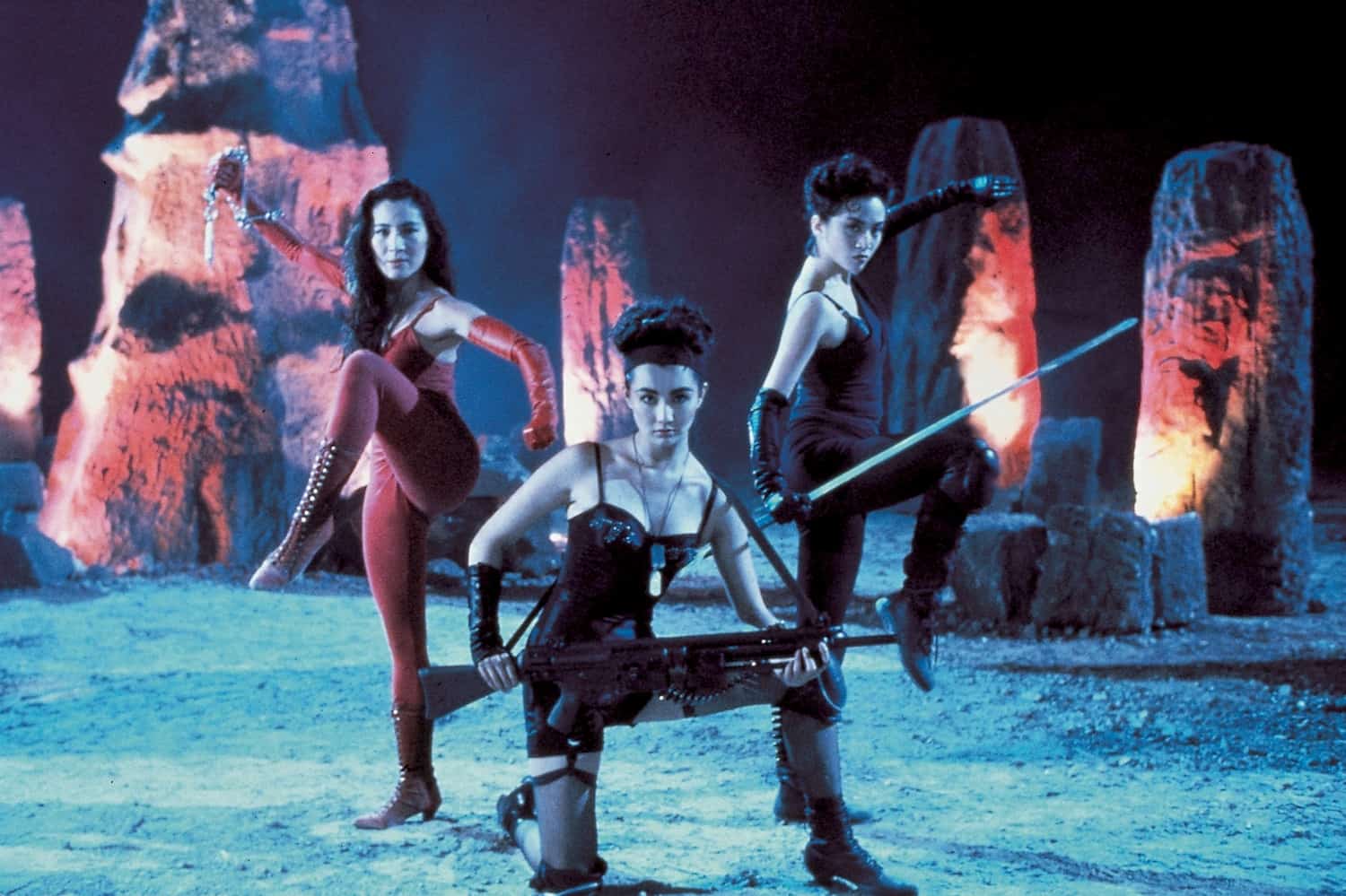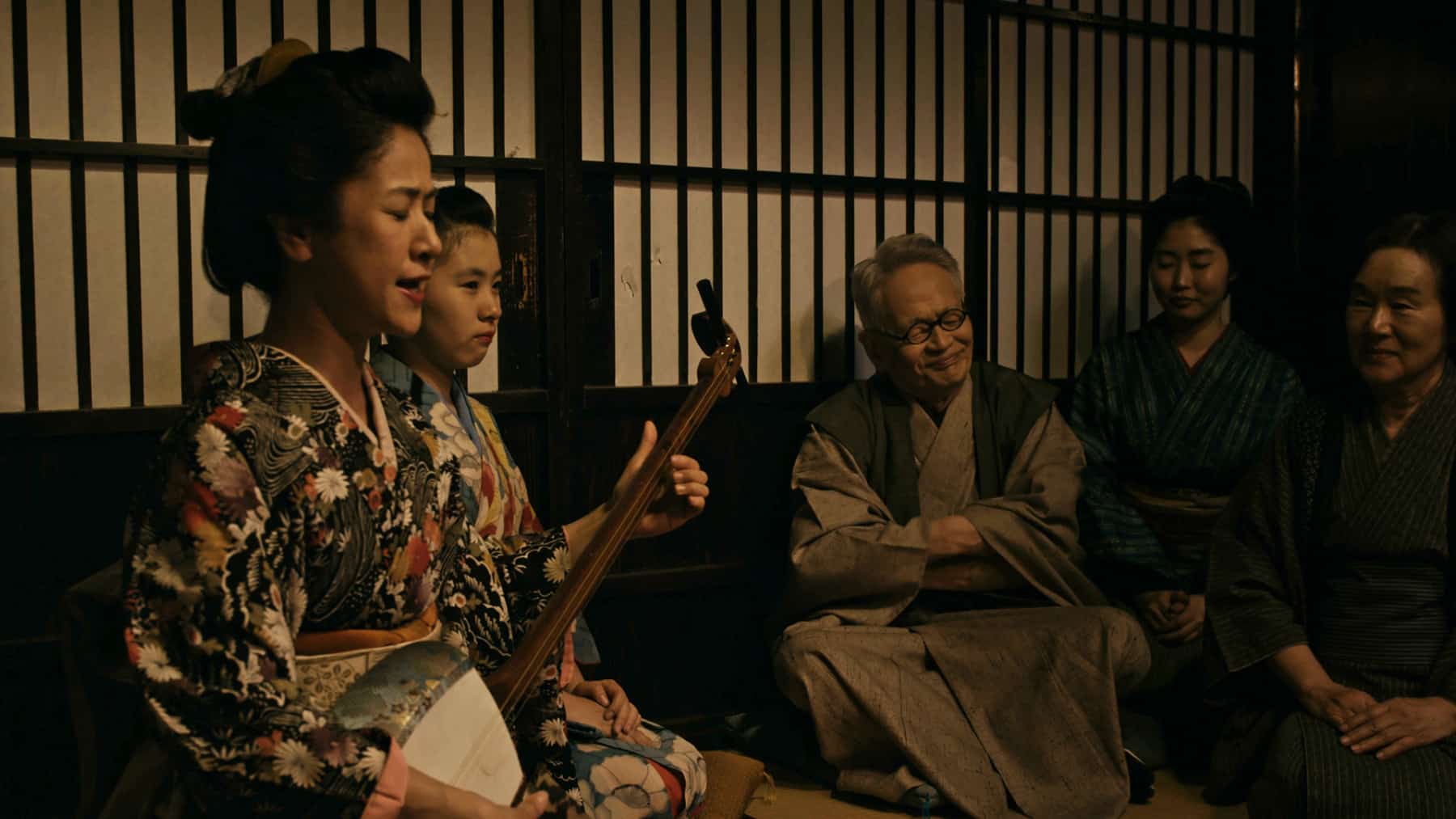With a mix of nostalgia and modernity, “Old Fox” by Hsiao Ya-chuan brings to light the difficulty of portraying social inequality. By doing that, the film works as a bridge between the past and present, showing how some social issues are still alive and relevant to a contemporary audience. This bridge works thanks to the three distinctive characters of three different generations, which resembles this relationship between Taiwan in the 80s and Taiwan now.
Hsiao Ya-chuan's career has always used history to tell stories still relevant today, especially with family relations as the narrative focus. We got the chance to speak to the director at Udine's Far East Film Festival about his inspirations and the motifs behind his most recent heart-warming story.
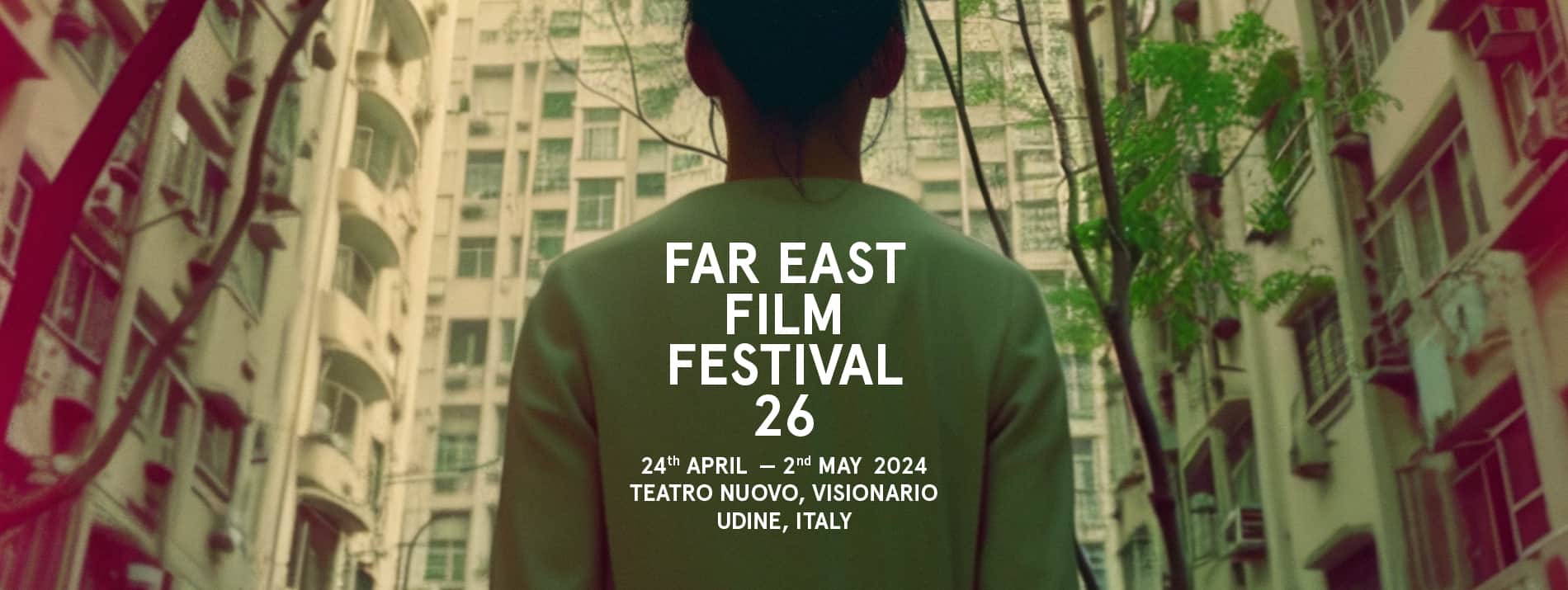
How did the film's style come to be? “Old Fox” presents some nostalgic elements, like those of 80s movies. For example, when the father plays the saxophone in the background. However, it also adds a very contemporary approach to this style. What was the process behind writing and directing the film?
Hsiao Ya-chuan: My idea basically started from questions that my kids quite often asked me. They would frequently ask me what equality and justice are. But they are very complex questions and finding an answer that could fit them was particularly difficult. As a result, I tried to represent my idea by answering the questions as best as possible. To do so, I recounted things that I knew well.
You have previously talked about being unable to imagine not having a child as the main character in the story. Therefore, were you inspired by your kids to make this choice?
Yes. Also, the character is ten years old. And in my opinion, this age represents a crucial time for cognitive formation. Especially at the level of value knowledge. It is the time when we ask ourselves, what is life? What is important in life? This is why I chose this character, as long as he represented my ideas within this approach.
It is a perfect choice because children are easily influenced, especially when born in a difficult social environment. You have nothing, so it is much easier to take a certain path. In fact, both the landlord and the father come from the same social class. Could you elaborate more on this aspect?
This choice was made because at that time, in 1987, the year the film was set, was when censorship was abolished. So many regulations had been abolished, and the diversity of wealth was much sharper than before that year. It was much more explicit. I chose to include these two characters, the father and the Old Fox, because although they came from the same social class, they are two people who, at the same time, represent different values that affect the child. They bring this gap to light.
As you said, you set the story in the late 80s. During that time the abolition of censorship also influenced the work of other authors. Is there any film or other creative content that influenced you on a technical and stylistic level?
No films from that era inspired me. I tried to shape an idea totally of my own, which, in my opinion, is an original take. I didn't want it to resemble the works of the time, I just started from that year to write the story. In short, I had my own idea and I wanted to tell it.
In this regard, I wanted to turn the discussion to the casting. You chose three characters from three different generations, played by three actors of diverse ages. They perfectly succeed in expressing the three points of view. How did the casting work?
The choice of casting revolved all around the child. He was the starting point, and he worked as a fulcrum. That is a fulcrum that, in turn, acts as a kind of lever that draws more or less forces around it. Subsequently, I decided on the actor who played the father. However, after choosing the father, I realized I would need another character. I needed someone of a certain age to be able to portray someone with many experiences behind them. Experiences that changed them even more than an adult. So an elderly person.
Why did you choose Akio Chen for the role?
I did several castings with different actors, but in the end, I chose him because, aesthetically speaking, he really gave me the idea of an Old Fox. Besides that, he is an incredible actor with an extensive career behind him. So it was a combination of the perfect image of the character and the skills of a great actor who can portray the role effortlessly.
One thing that interested me quite a bit is that, in fact, you based the work on a situation that already existed during that time. I can't help but think that, compared to the late '80s, nothing has changed regarding economic and social equality. Especially in Taiwan, or even Taipei, which presents a very developed but unstable economy. How can this film be interpreted in contemporary Taiwan?
This is the parallelism behind it. The problem of inequality has always existed. In my view, nowadays, we indeed live in a modern and advanced world. However, the problem seems even more obvious than it used to be. That is the reason I chose to make this film: to draw the audience's attention to the topic. So that they would notice that, sure, this problem existed in '87, but it is still present today. I think compared to before, it is even worse.


